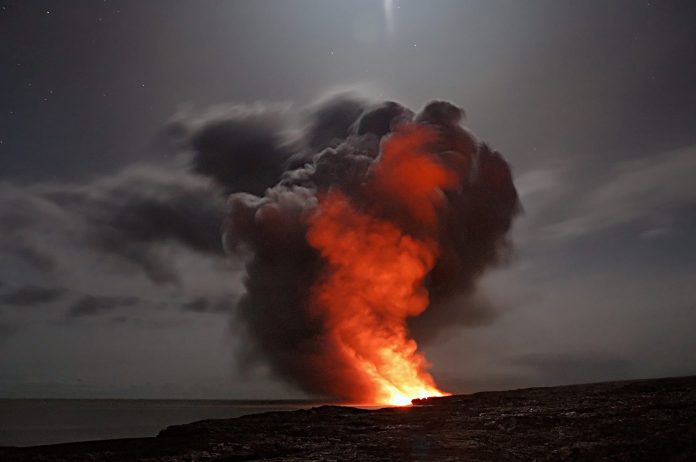In a staggering upsurge of cyber warfare, various hacktivist groups have ingrained themselves in the ongoing Israel-Hamas conflict.
With physical warfare already unleashing chaos, the digital domain is witnessing its own battlefield. Notable groups like Anonymous Sudan and Cyber Av3ngers have conducted cyberattacks against critical infrastructures in Israel, such as emergency warning systems and power grid organizations, respectively, subsequently claiming to cause significant disruptions.
Simultaneously, pro-Israel and pro-Palestinian hacktivist groups are targeting each other’s digital frameworks, each side seeking to inflict virtual damage parallel to the physical turmoil transpiring on the ground.
These hacktivist groups are employing a variety of techniques to disrupt, degrade, and destroy their adversaries’ digital capabilities. Notable among these are distributed denial-of-service (DDoS) attacks, utilized to overload systems and prevent legitimate usage. Not all claims of disruption by these hacktivist groups can be substantiated, as the scale and impact of cyberattacks are often exaggerated. For instance, claims of a cyberattack on Israel’s Iron Dome air defense system by Iran-linked hackers and other groups are under scrutiny for veracity.
In a significant development, Microsoft has reported observing activity from Gaza-based threat group Storm-1133, which purportedly works to further Hamas’ interests. Their cyber pursuits, targeted towards Israeli organisations within sectors such as defense, energy, and telecommunications, have been particularly active in early 2023.
Both Israel and Hamas supporters have experienced cyber breaches, affecting various sectors, from media like The Jerusalem Post to power suppliers such as the Israel Electric Corporation. Different hacktivist groups, aligning with diverse geopolitical ideologies and objectives, are targeting entities from both sides, indicating that cyber warfare has become a multilateral aspect of the conflict. The variety of groups involved – from pro-Russian outfits like Killnet to emerging actors like Ghosts of Palestine – illustrate the complexity and global nature of the cyber dimension of the conflict.
Copyright © 2023 RegTech Analyst
Copyright © 2018 RegTech Analyst






